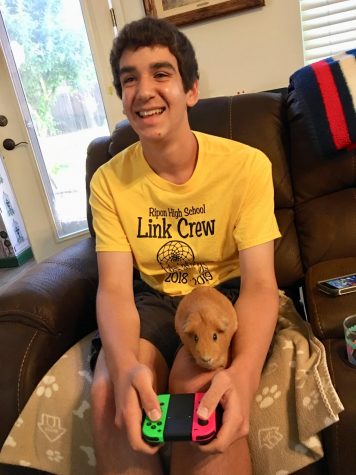ADHD and Dyslexia Broken Down
ADHD affects the behavior of a student in a hyperactive manner, which can be educationally challenging especially when paired with other disorders. One problem that many students face every day is learning disabilities. According to a study done in 2017 by the Learning Disabilities Association of America, 2.4 million students are diagnosed and treated for Specific Learning Disorders, or SLD’s, such as Dyslexia or other related disorders like ADHD. The same study also concluded that 60% of adults have undetected or untreated learning disorders.
Dyslexia is an SLD that around 80% of students who are put in special education programs suffer from. The effects of dyslexia vary from person to person, but according to the International Dyslexia Association, the main difficulty is with reading words and sometimes, understanding them audibly.
Dyslexia is also the most common cause of reading, writing, and spelling difficulties. Dyslexia is not caused by anything in particular, but rather it is a neurobiological trait, meaning that somebody else in the family had it and passed on the gene.
While dyslexia is a learning disability, it is still possible for children that have it to succeed in school. It is beneficial for the student for it to be caught at an early age, however with a lot of hard work from the person suffering from dyslexia and those close to them, it is able to be handled properly.
Along with dyslexia and other specific learning disorders, about 50% of those suffering also suffer from ADHD, sometimes also referred to as ADD. ADHD stands for Attention Deficit/Hyperactivity Disorder. Although it is not technically a disability, it is considered one under the Individuals with Disabilities Education Act (Otherwise known as IDEA), which offers special education services.
ADHD affects the behavior of a student in a hyperactive manner, which can be educationally challenging especially when paired with other disorders. Unlike dyslexia, ADHD is not just a gene related disorder, it can be caused by what the mother did during pregnancy, exposure to environmental toxins at a young age, or brain related injuries.
There are many different treatments for ADHD, such as different medications or therapeutic techniques, but the National Institute of Mental Health suggests going to a doctor for the recommended treatment for the specific type of ADHD and the intensity of it.

This year, Sophomore Ashley Jackson hopes to do better academically than she has previous years as well as come closer to figuring out her college plan...







